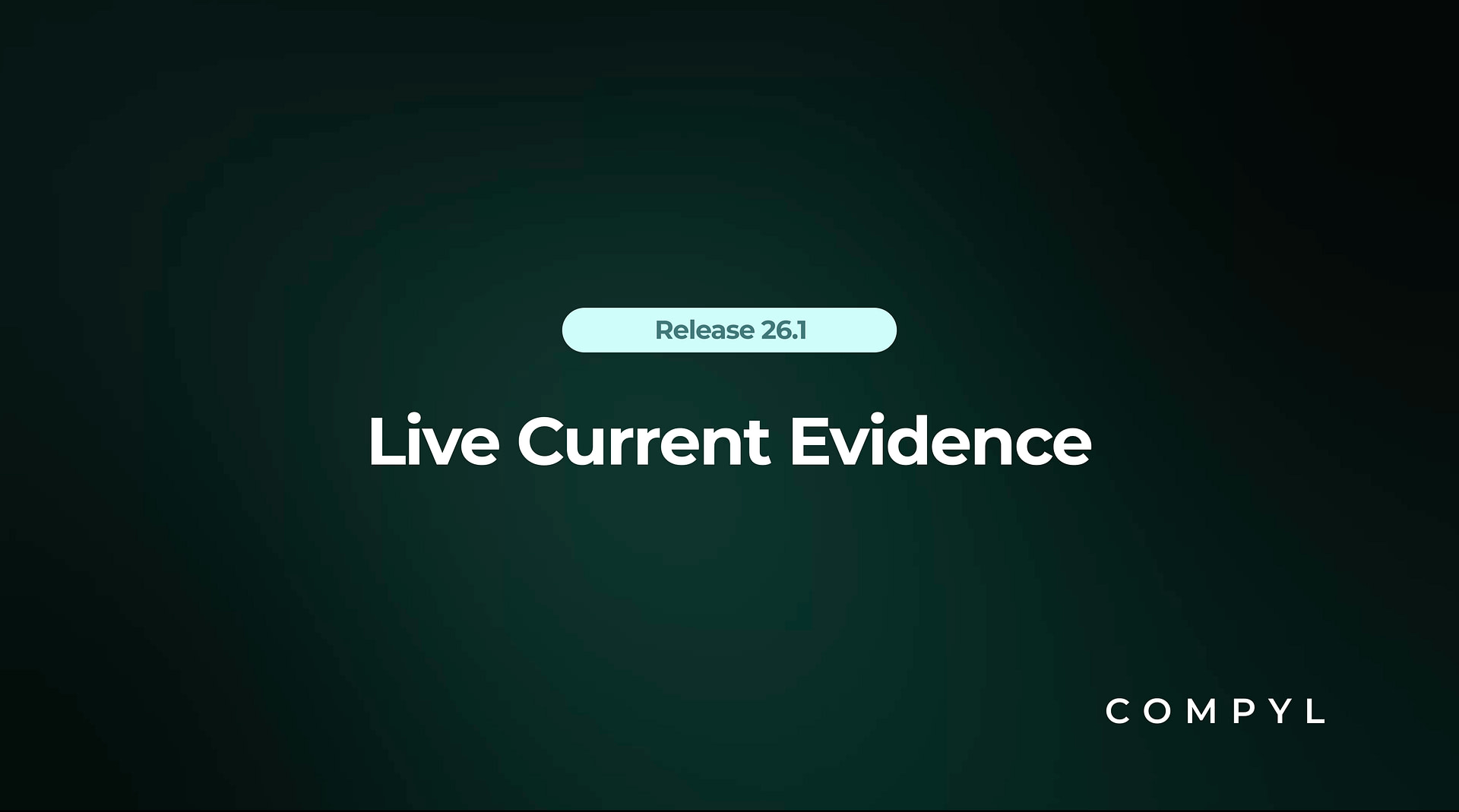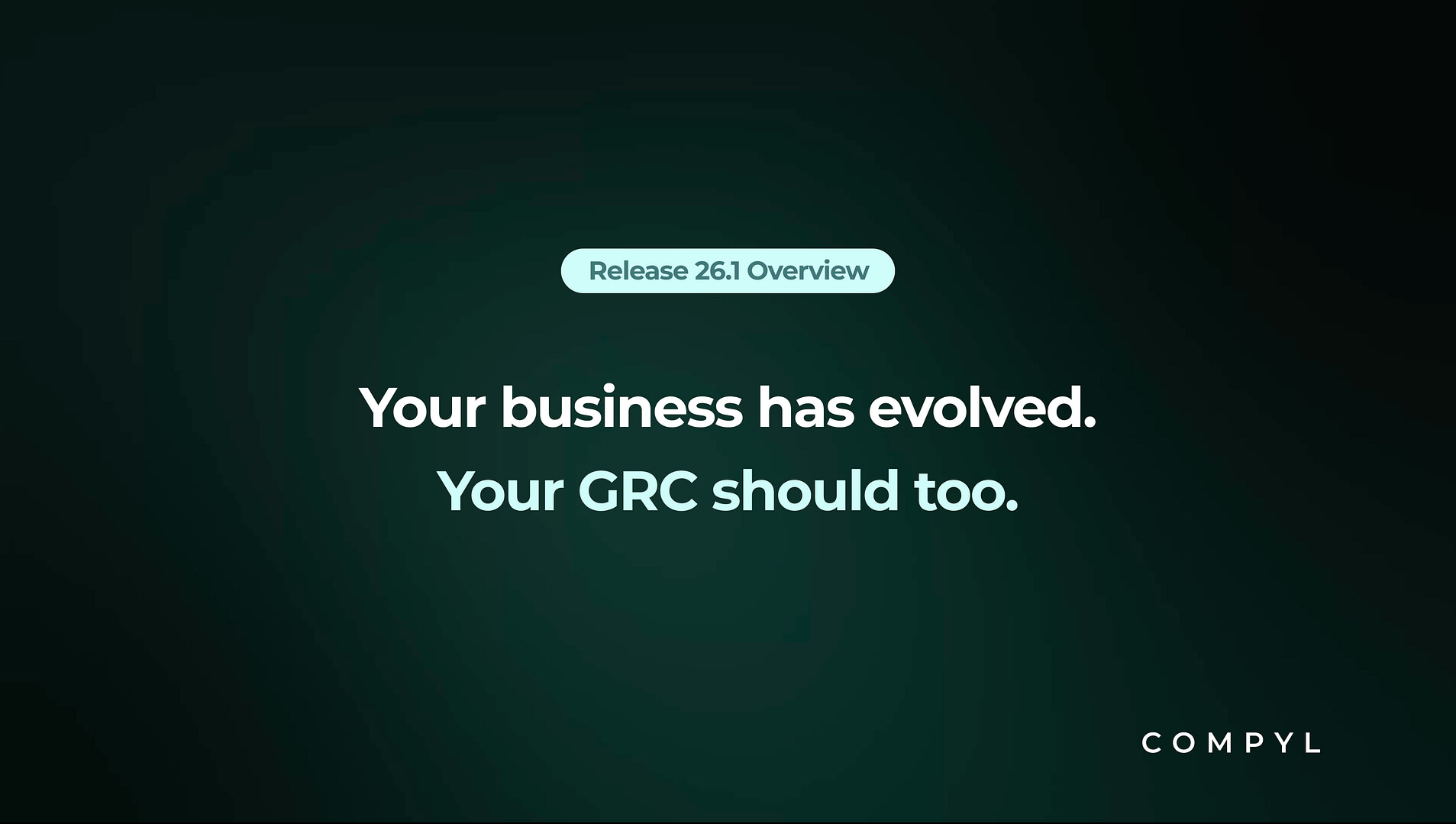Since the year 2000, companies in the U.S. have paid out over $1 trillion in regulatory fines, criminal penalties, and class-action settlements. This startling figure underscores the fact that regulatory compliance ought to be a priority for every business. Ensuring your organization’s dollars do not join the statistics is a matter of effective compliance management. So, what is compliance management, and how do you make it a priority at your business?
Compliance management is the collection of systems and procedures that companies put in place to help them adhere to the relevant laws and regulations in their industry. Successful compliance management revolves around initiatives like identifying applicable industry regulations, assessing current compliance status, designing and implementing compliance policies, and facilitating employee compliance education.
What Is an Example of Compliance Management?
A common example of compliance management is a financial institution implementing policies and procedures to ensure adherence to KYC (Know Your Client) requirements and data protection regulations.
What Compliance Risk Management Is

Within the larger umbrella of compliance management, compliance risk management is the process of proactively identifying, assessing, and taking steps to mitigate risks of noncompliance. Risk management in compliance aims to determine the potential impact of noncompliance on the organization and devise strategies to reduce risk.
What Are the Benefits of Compliance Management?
It’s not difficult to see what compliance management is good for at an organization. Diligent compliance management links directly to several clear business benefits.
Protects Company Reputation
Effective compliance management shields your company from the public fallout that comes with regulatory infractions (by preventing the infractions in the first place). When your company consistently follows applicable industry laws and regulations, it signals to consumers that your brand is committed to integrity and social responsibility.
Reduces Financial Risk
Actively managing compliance risk also helps your company mitigate financial risk by ensuring you don’t need to worry about fines or expensive litigation. Along with protecting your reputation, reducing financial risk is one of the most important reasons to prioritize regulatory compliance at your company.
Improves Employee Satisfaction
Employees typically feel more secure working for a company that prioritizes compliance. When your organization takes compliance seriously, it demonstrates to your employees that you are committed to running an ethical business. Additionally, clear compliance policies eliminate ambiguity in what’s expected from employees.
Why Should Companies Prioritize Compliance Management?

It’s also vital to understand exactly what compliance management is protecting your business from. When you neglect compliance, it can lead to serious consequences for your organization.
- Security breaches erode consumer trust. In the era of digital transactions, consumers expect their personal information to be safe with brands online. Failure to comply with data protection regulations is a serious breach of this trust.
- Financial penalties can be significant. Regulatory fines do not always end with just a “slap on the wrist.” Security infractions in nearly every industry can result in hefty penalties with the potential to significantly change an organization’s trajectory.
- Compliance violations disrupt business processes. Compliance breaches often result in lengthy regulatory investigations, extended legal proceedings, and long-term remediation efforts — all of which divert resources away from core business activities, hampering productivity and profitability.
What Does a Compliance Manager Do?
A compliance manager oversees a company’s adherence to applicable industry laws and regulations. They are responsible for developing the organization’s compliance strategy, conducting risk assessments, implementing compliance initiatives, training employees on compliance-related matters, and staying up-to-date on the latest changes to regulatory regulations.
Compliance Management Challenges
Despite the mission-critical role it plays in nearly every organization, effective compliance management is not always easy to maintain. There are a few common challenges that can make it difficult for companies to manage compliance successfully.
New Threats and Regulations Evolve Quickly
New cyber threats are constantly emerging, and regulatory frameworks usually evolve to match. Staying on top of these changes is crucial for effectively managing compliance at your company. Failure to adapt can leave your organization vulnerable to noncompliance even if you’re diligently maintaining a previously designed, outdated plan.
Distributed Environments Limit Visibility
It can be very difficult to maintain visibility and security with today’s distributed, cloud-based infrastructures. Traditional compliance management methods may struggle to monitor and control data across disparate systems. This can cause you to miss critical compliance gaps and fail to detect potential threats in time to do anything about them.
Best Practices for Compliance Management

- Keep all systems up to date. Regularly updating systems and applications is essential for maintaining compliance. Outdated systems are more susceptible to security breaches and more likely to fail to meet regulatory requirements.
- Scan all systems regularly. Conducting regular scans of all your organization’s systems will help you identify potential vulnerabilities in time to address them.
- Automate what you can. Automation can help you streamline your business’s compliance management processes while reducing human error. Automated tools are not necessarily right for every compliance need, but they can be a great way to improve the efficiency of routine tasks like security monitoring.
- Have a response plan in place. While prevention is always preferable, another important part of compliance management is being prepared for the worst. Having a robust and flexible crisis response plan in place will ensure your organization is prepared to promptly recognize, contain, and remediate security breaches.
What is the purpose of a compliance management system?
A compliance management system is a tool that makes it easier to identify, assess, monitor, and mitigate compliance risks at your organization. You can use a compliance management system to aggregate your business’s compliance efforts into a single, cohesive platform.
How to Create a Compliance Management Strategy
Understanding what compliance management is and why it’s important is only the first step. Your company needs to have a dedicated plan in place for managing compliance efficiently. There are a few essential steps that every compliance management strategy should include.
1. Identify Compliance Requirements
Start by identifying relevant laws, regulations, and industry standards that apply to your organization. It’s important to understand which specific compliance requirements (such as HIPAA, PCI DSS, or GDPR) apply to your company and how they impact your operations.
2. Assess Current Systems for Noncompliance
Next, evaluate your business’s existing systems and processes to identify any areas currently out of compliance. You can do this by conducting audits, risk assessments, or gap analyses to pinpoint areas that need improvement.
3. Develop Policies and Procedures to Ensure Compliance
Develop comprehensive policies and procedures that outline the steps employees at your organization must take to comply with relevant regulations. These policies should cover core regulatory areas like data security, privacy, and financial record-keeping.
4. Educate Employees About the Importance of Compliance
Comprehensive compliance management includes employee education. Ensuring everyone at your organization understands compliance requirements and is equipped with the tools and knowledge they need to remain compliant in their day-to-day operations is paramount.
5. Monitor Compliance on an Ongoing Basis
Compliance is not a one-time decision; it’s an ongoing commitment to managing your company’s regulatory posture. Successful long-term compliance requires regular compliance audits and reviews of response-readiness. It’s also crucial to have a process in place for ongoing monitoring of company systems.
What Is Compliance Management? Solutions and Resources
If you want to improve compliance management at your business, Compyl can help. Our compliance management solutions help organizations like yours leverage the power of the cloud securely and efficiently. Try a demo and see for yourself.
For more information about what compliance management is and how to approach it, check out our other online resources.




